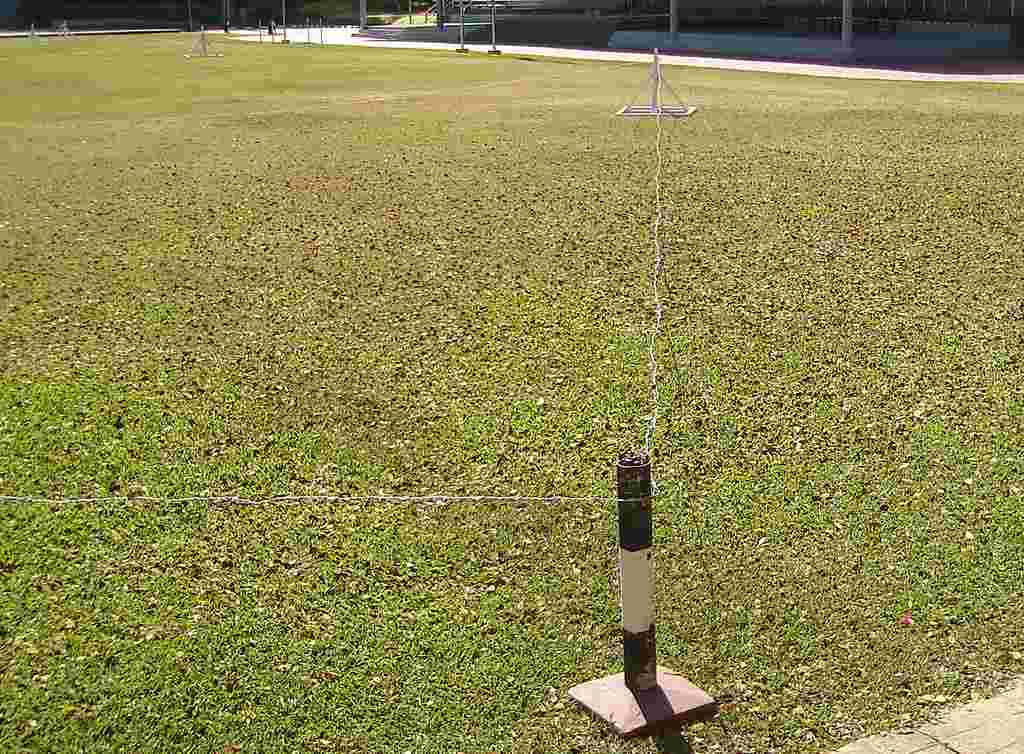Penjajahan Sabah dalam Malaysia dijelaskan oleh Prof Abdul Aziz Bari
http://www.themalaysianinsider.com/bahasa/article/aziz-bari-secara-teknikal-tidak-pada-hakikat-british-jajah-kita/
Aziz Bari: ‘Secara teknikal tidak, pada hakikat British jajah kita’
Oleh G Manimaran
September 06, 2011
KUALA LUMPUR, 6 Sept — Pakar perlembangaan Prof Abdul Aziz Bari berkata meskipun negeri-negeri Melayu bukan atau tidak pernah dijajah oleh British, tetapi pada hakikatnya telah “dijajah kerana pentadbiran negeri dikawal” oleh kuasa Eropah itu sehingga negara merdeka lima dekad lalu.
“Pendeknya dari segi teknikal memang negeri-negeri Melayu bukan atau tidak pernah dijajah... hatta pentadbiran agama pun dipantau oleh British,” kata beliau dalam reaksi kepada The Malaysian Insider hari ini.
“Secara teknikal memang betul bahawa kita tak pernah dijajah; negeri-negeri Melayu hanya negeri lindungan. Hanya Melaka, Pulau Pinang, Sabah dan Sarawak yang pernah dijajah,” kata beliau.
Bagaimanapun menurut ahli akademik ini, negeri-negeri Melayu bukan negeri yang bebas dan berdaulat kerana mereka tidak bebas mengadakan hubungan luar.
“Raja-raja, contohnya, dipaksa menerima kejatuhan Empayar Uthmaniah yang dihancurkan oleh British dan sekutu-sekutunya pada 1924. Ini semua berlaku kerana Raja-raja di bawah tangan British meskipun mereka tidak dijajah.
“Selain itu meskipun di sisi undang-undang, yakni secara teknikalnya, mereka berdaulat kita semua tahu dasar dan undang-undang semuanya ditentukan oleh British,” kata beliau sambil menambah, Prof Emeritus Tan Sri Dr Khoo Kay Kim tidak harus membesar-besarkan kedudukan teknikal itu sehingga menafikan hakikat yang berlaku ketika itu.
Aziz (gambar) mengulas mengenai kritikan beberapa pihak ekoran pandangan tokoh sejarah itu bahawa negara ini sebenarnya tidak pernah dijajah oleh British, sebaliknya berada di bawah naungan negara Eropah itu.
Khoo melahirkan pandangan itu dalam satu temu bual dengan akhbar arus perdana kelmarin ketika kontroversi berkaitan kenyataan Timbalan Presiden PAS Mohamad Sabu hangat diperkatakan sehingga ada yang mahu fakta sejarah diteliti semula.
Negara akan menyambut ulang tahun kemerdekaan ke-54 bersama hari pembentukan Malaysia — buat julung kali pada 16 September ini.
Menjawab soalan mengenai kenyataan Mohamad bahawa Allaharham Datuk Onn Jaafar dan Almarhum Tunku Abdul Rahman Putra Al-Haj bukan pejuang kemerdekaan sebenar kerana mereka pegawai British, Khoo berkata: “Mereka tidak pernah bekerja dengan British. Kerajaan Melayu tidak pernah menjadi jajahan British. Kerajaan Melayu dulu secara rasmi dikenali sebagai Negeri Melayu Naungan iaitu di bawah perlindungan British, tetapi tetap diperintah oleh Raja.”
Katanya, kehadiran British adalah berasaskan perjanjian dengan raja setiap kerajaan dan pegawai British ditugaskan menjalankan pentadbiran, kedaulatan tetap pada raja.
“Maksudnya dari segi undang-undang, British tidak pernah menjajah kerajaan Melayu, hanya Negeri-Negeri Selat yang dikenali sebagai Tanah Jajahan Mahkota British. Pegawai British utama di Negeri-Negeri Selat dikenali sebagai gabenor, padahal kedudukan pegawai yang sama di kerajaan Melayu dikenali sebagai Pesuruhjaya Tinggi. Gabenor Hugh Clifford dalam ucapannya kepada Majlis Persekutuan pada Januari 1949 mengatakan apabila beliau merujuk kepada kerajaan Melayu: ‘They were, they are and they must remain Malay states. These states were when our cooperation in government was first invited Mohamedan monarchies. And such they are today. We have neither the right nor the desire to vary the system of government’,” katanya lagi.
Kata beliau, dalam undang-undang ada dua keadaan iaitu ‘de jure’ dan ‘de facto’.
“Datuk Onn mula-mula bekerja dengan kerajaan Johor dan Tunku dengan kerajaan Kedah. Mereka bekerja di negeri yang dianggap Negeri Melayu Tidak Bersekutu iaitu Raja masih ada banyak autonomi.
“Selepas perang, mula-mula Datuk Onn kemudian Tunku diterima oleh British sebagai presiden Umno yang diakui British sebagai parti politik orang Melayu. Oleh sebab orang Melayu menentang Malayan Union, British tidak melaksanakan Malayan Union. British selanjutnya berunding dengan Raja-Raja juga Umno untuk menentukan sistem lebih sesuai,” kata Khoo lagi dan menambah, “akibatnya pada Februari 1948, Persekutuan Tanah Melayu diwujudkan.”
Mengulas lanjut, Aziz berkata, Khoo perlu faham beza antara kedudukan teknikal dan formal dengan kenyataan atau hakikat, yakni sesuatu yang benar-benar berlaku.
“Sama seperti hari ini, Raja-raja adalah ketua agama. Soalnya apakah mereka benar-benar ketua agama dalam erti kata yang sebenar? Tidakkah pentadbiran agama dijalankan oleh kerajaan?” kata beliau lagi.












